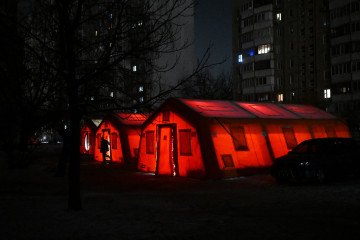- Category
- Life in Ukraine
After Sleepless Nights of Russian Strikes, Anxious Kyiv Seeks Comfort in Cafes and Bars
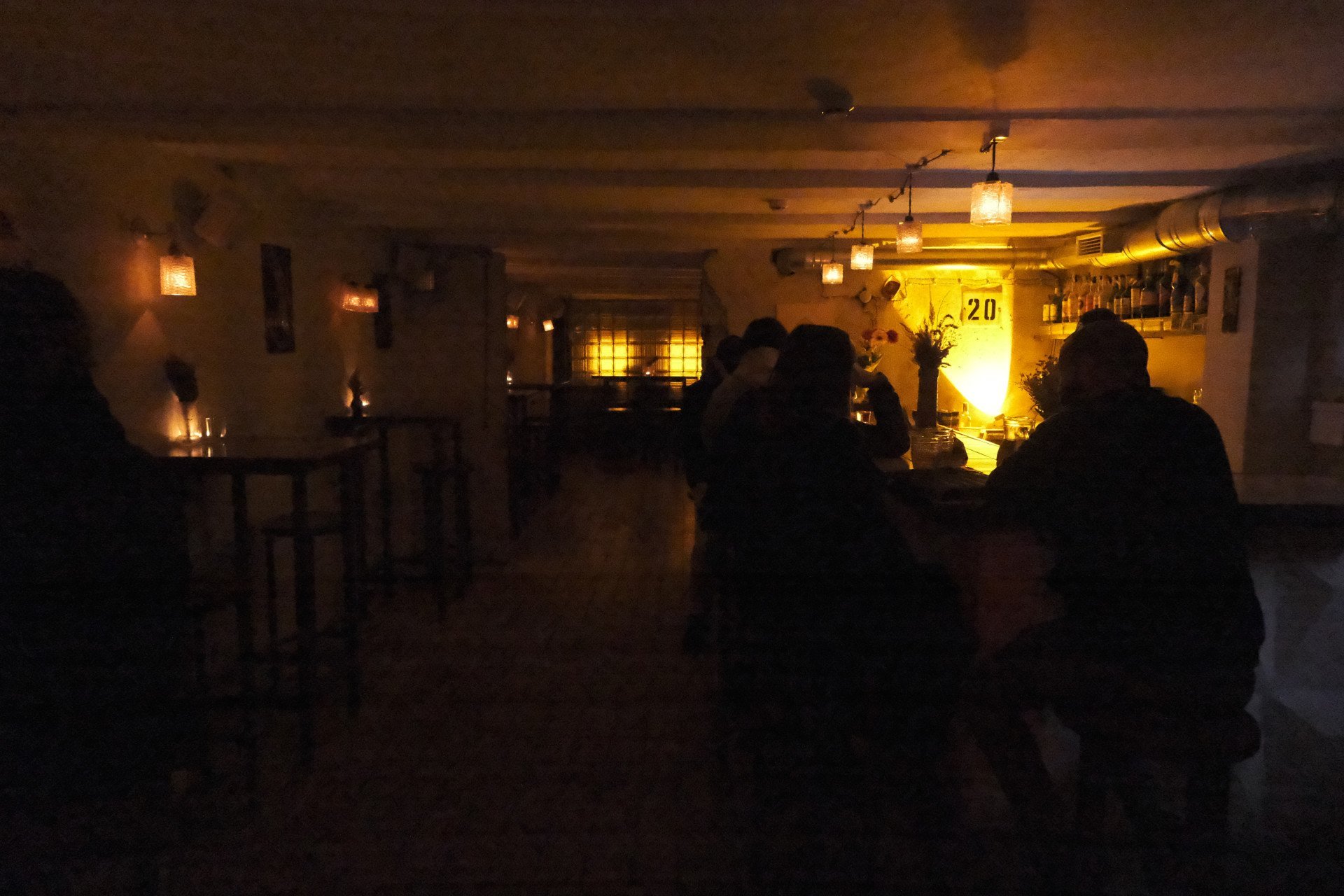
Ukraine is in its second year of war; another winter has passed—that of cold weather and bad news. As spring starts, it is warm on the battlefield, which means that the ground meets the conditions for mechanized assaults. In the country’s rear, it means good weather and people once again leaving their homes en masse in search of comfort.
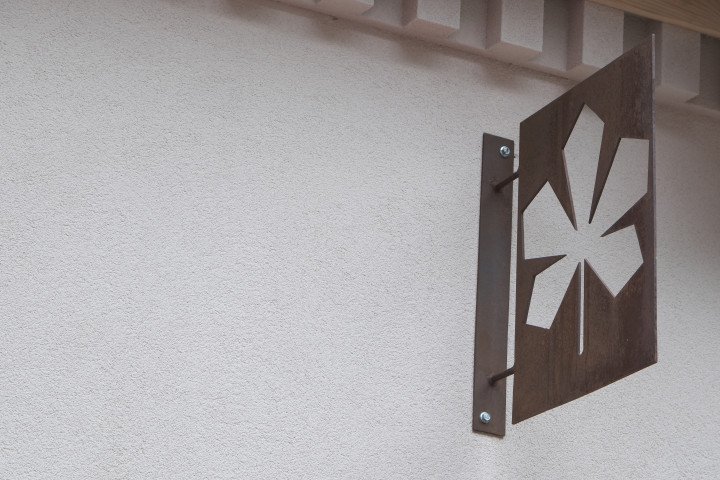
In the summer of 2023, a video circulated on social media showing a busy street on a hot summer day in Kyiv’s trendy Golden Gate district. The person filming the video was driving down the street, recording many people dressed vibrantly and the surrounding outdoor seating provided by the various cafes, bars, and restaurants in the area. People were enjoying themselves in Kyiv, and some people online—skeptical of the war—didn’t like that.
Another video showed a very clean and very vibrant McDonald’s. Teenagers, families, and soldiers were seen enjoying their time in the packed fast-food restaurant. Aside from the fact that Ukrainian McDonalds is somewhere where people actually sit and eat, the sheer image of people enjoying a burger in Ukraine didn’t sit well with some on social media.
There is a notion that Ukraine, a country at war that receives billions in aid money from around the world, should look like a war-torn country where everyday life consists of hiding in bunkers and not having water and power. There are places and times where that is true. But things aren’t as black and white as some would easily assume. Ukraine has always existed in a gray area, and the war has only exacerbated that.
Outside of the war, there is an economy that needs participation. Those who are not fighting—or are yet to be fighting—are expected to work, as in any other society. Those who work have lunch breaks, shop at the grocery store, and go to the gym. On the weekends, they might travel somewhere within the county, and on the way, they’ll have to stop for gas. All around the country, there is a demand for hospitality.
First and foremost, there would be no hospitality industry without air defense. The only reason someone in Ukraine—especially in populous centers like Kyiv or Lviv—can enjoy brunch and third-wave coffee is directly because of the effectiveness of Western air defense systems. The simple fact that people right now in the hospitality industry are opening up new ventures or even just serving customers every day—granted with the added challenges—is something that calls for praise for Ukraine and its Western partners.
According to data provided by the Ukrainian Ministry of Tourism, the number of new restaurant ventures opened in 2023 was the highest in the last five years. There were 1000 more restaurants opened during the war (13,721) than in the 2021 pre-war period (12,699). When looking at the average check, a 2024 market report on revenue shows a 30% increase industry-wide, with the average check increasing by 18%, according to Poster POS systems.
It is important to note though that the growth for turnover and average check is caused by negative factors, including the increase in prices for products, utility services, wages, inflation, and the fall in the hryvnia exchange rate. The Ukrainian market was also left without tourists, of whom there were over 1 million people every year in Kyiv alone before the war.
We spoke to restaurateurs about how they work in new conditions—those of a country entering its third year of war—and attempted to paint a picture of an industry adapting to everything thrown at it.
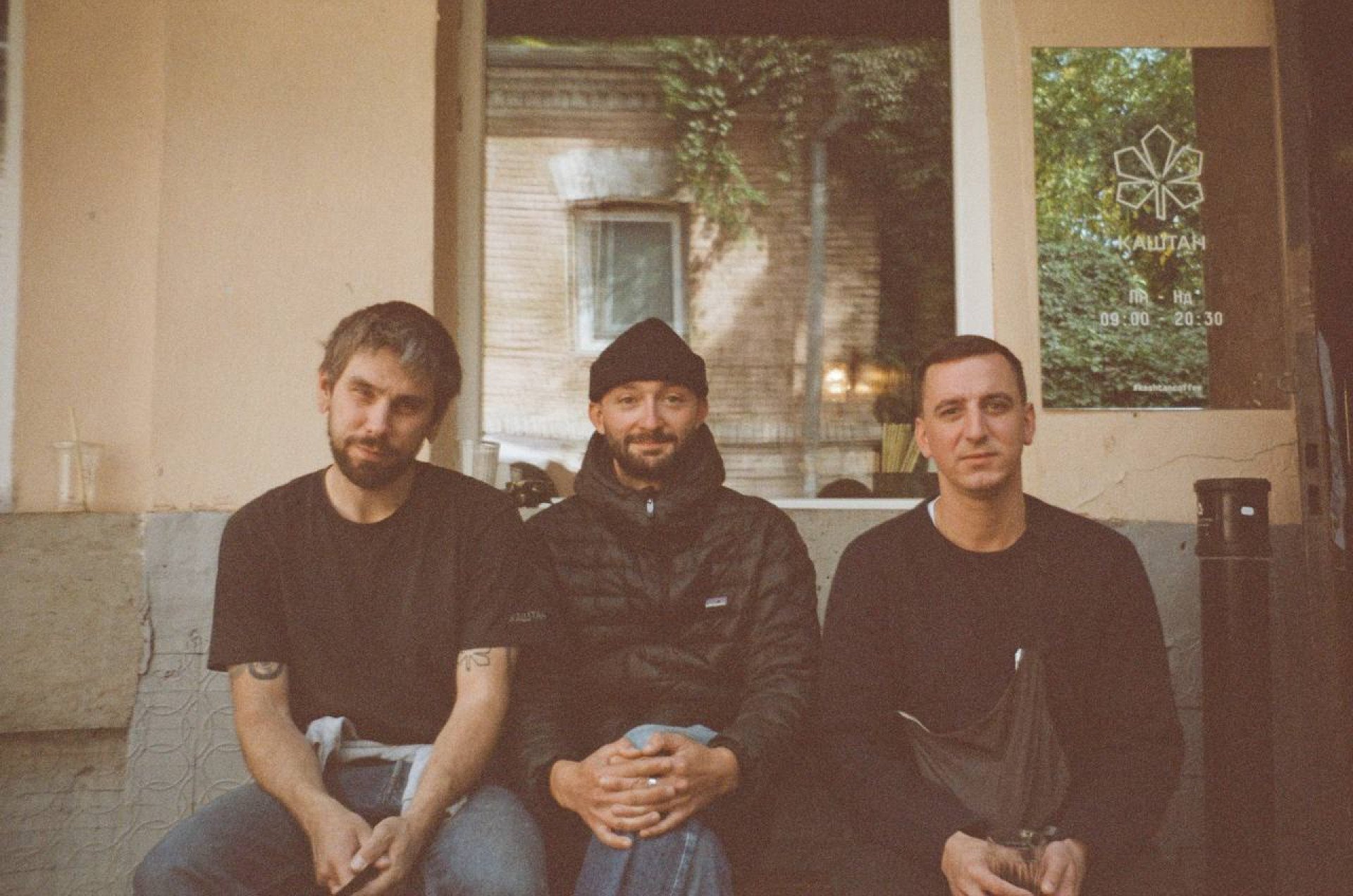
Oleg Kamlyuk is a co-owner of Kashtan, a beloved coffee shop in Kyiv’s historic central district. Its location offers itself as a central meeting point for locals and a great place to linger. It’s been open since 2017, which is an achievement considering the industry’s volatility. Oleg and his partners have been parties to many of the industry’s ups and downs; he shares his comments with us.
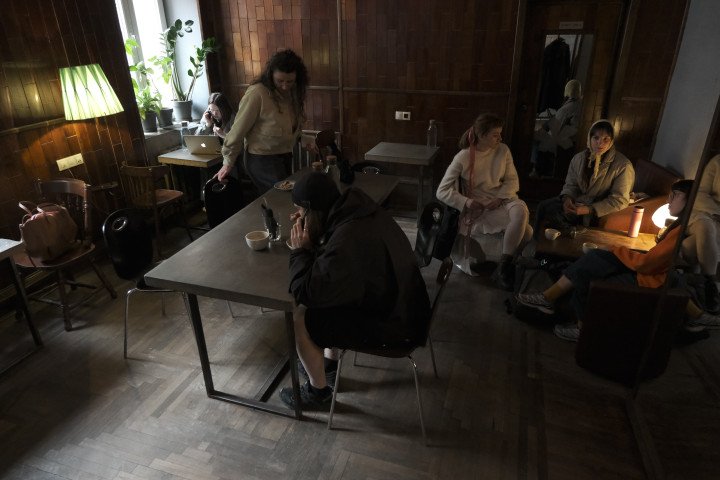
“Over the past few years, the restaurant business in Ukraine has been going through challenging times, first with the COVID hitting hard, then with the war. At first, there was just a lack of visitors, then the lack of electricity and constant shelling had its effect. But despite all this, I think our people have adapted to all the difficulties, and now we have all become much stronger and more resilient to any challenges.”
Covid and the invasion hit the hospitality industry very hard; in three years, restaurant owners had to adapt from social distancing laws to martial law. At the beginning of the war, most businesses closed down, and those that remained operated as food kitchens for soldiers and internally displaced people.
“According to statistics, many restaurants have opened over the past year, and their percentage is higher than before the war. In my opinion, this is because many [entrepreneurs] lost their businesses [in frontline cities] and wanted to move their earnings to safer areas away from the fighting. It is also possible that people want to get dopamine quickly, and food is one of the ways to get it quickly,” Kamlyuk said.
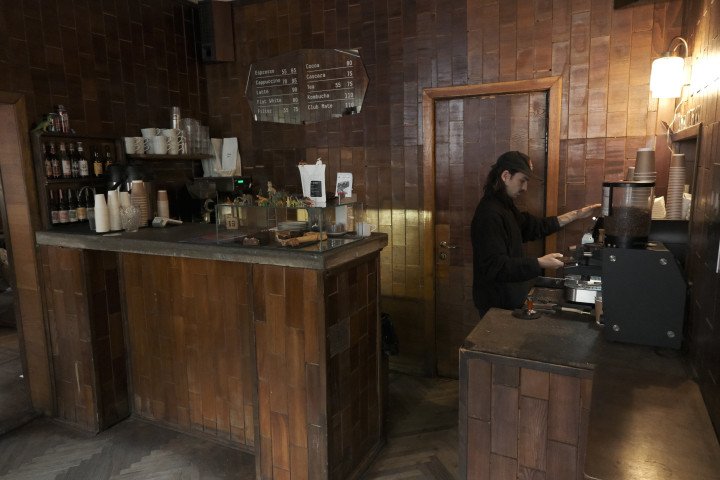
“Whenever there is a large attack or bad news, people go to eat their problems away with delicious food, because almost all the restaurants in our city cook delicious food. I also noticed that food prices have changed a lot, and if it used to be much more profitable to cook at home, now, even if you don’t take into account the time spent on cooking, eating out is sometimes more profitable.”
“I also associate it with psychological safety, people feel a little safer being among people, so they don’t feel lonely and abandoned because over the years many families have split up and lived on different sides of the border. All these factors have greatly influenced the fact that there are more and more visitors to restaurants, and they spend more and more money there.”
Kamlyuk also opened a restaurant in 2022, right as the war began. On its opening day, the restaurant operated as a soup kitchen, preparing meals for soldiers and first responders during the attempted siege of Kyiv.
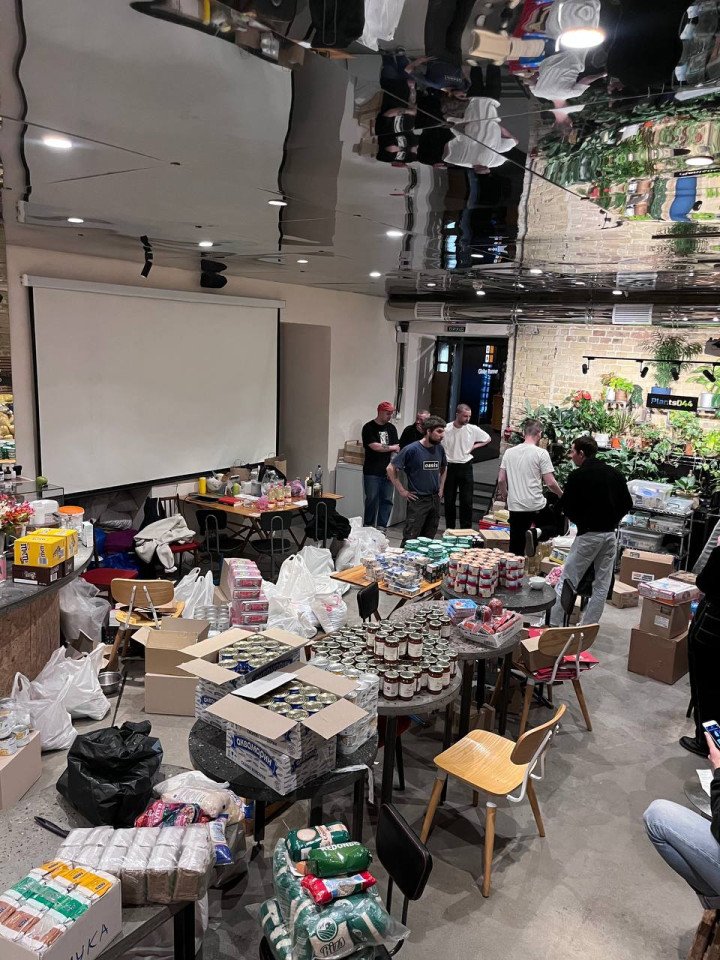
“Lypa is located in a basement, on the 24th of the morning when it all started, our employees, our friends, and neighbors came to Lypa unannounced with their suitcases and pets. Out of the 25 of us, we decided not to sit around and do nothing, but to help those in need, and we all organized ourselves to feed the military and various critical services.
“People were living in our cafe, and our focus was on humanitarian aid, we opened for business much later than other cafes. Kashtan, on the other hand, opened in difficult times when Kyiv was still surrounded and it was not clear what would happen next — on March 15. As our visitors said, it was the only island of normalcy where you could come to have a cappuccino, something completely out of the past.”
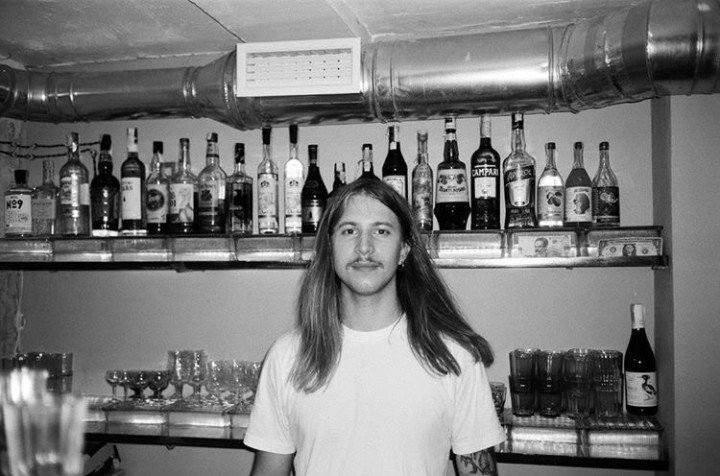
Artem Mysyk is part owner of Rumka, a popular bar in downtown Kyiv. He also serves in the Ukrainian volunteer army. His bar is at the intersection of war and creativity, hosting many fundraising events for the armed forces that include young DJs and creatives. Sometimes, the lines intersect, as many within their community are actively fighting.
“In my opinion, the prosperity of Kyiv’s establishments during the war is directly related to the fact that people are constantly under more stress than in peaceful life, the chance of dying has increased many times over, many have lost their relatives, friends, and homes. Some people will never return to the places where they were born and raised, so life is perceived differently; people try to live, to organize celebrations, to eat and drink deliciously today and now because tomorrow may not come; people want to live and live beautifully and comfortably.”
“The military, who have days off between combat missions, also want to rest well and eat delicious food, so they choose cafes for meetings because it is the easiest way to see friends and acquaintances,” Artem added.
Another important factor was the fact that many establishments are located in basements or semi-basements, which can serve as shelters during air raids. At the beginning of the war, many restaurants were converted into volunteer headquarters, where they cooked food and collected aid for the military and the victims. Even now, after resuming work, they constantly organize events and parties to raise money to help the army, whether it’s a specific collection for friends or a collection for a fund.
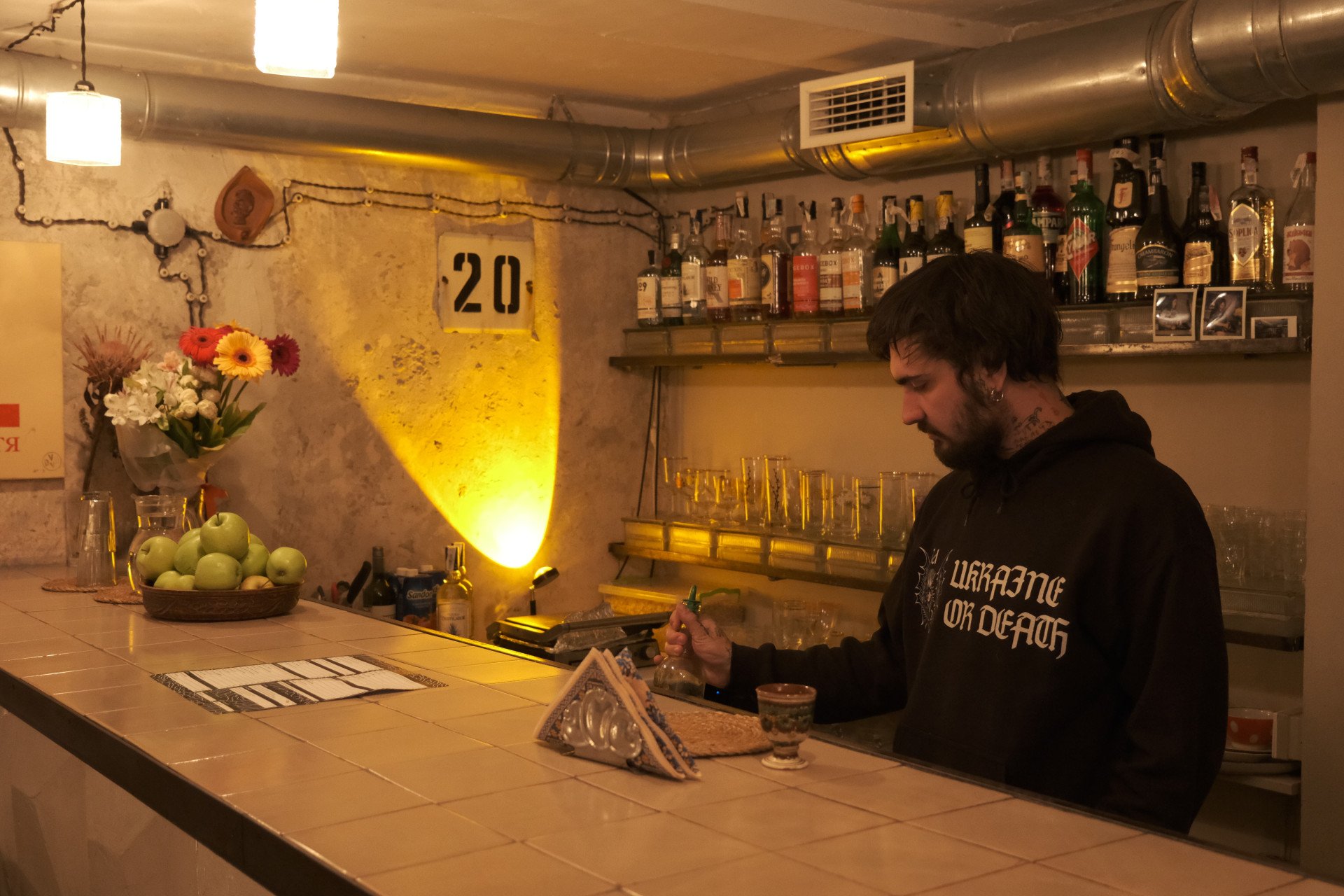
Bars face a lot of criticism. There is a tight line to walk regarding the perception of a bar’s regardance to the war enveloping it. That is, managing the delicate balance of people blowing off some steam and being impartial to the war happening in the country. Some establishments will require a donation to the armed forces for entry, while others donate a percent of profits to a charity drive.
“That’s why the value of establishments has changed, and people have begun to perceive them more as a kind of ‘special’ place. When a charity event is organized, the establishment gives the profit for some of its specific items to the collection. It can be an agreement with a supplier on a certain amount of free goods that will go to charity, or the establishment can choose its items for donation. Musicians, artists, performers, and everyone who participates in a charity event do so on similar terms,” said Mysyk.
However, because of the military curfew, there are restrictions on how late bars can stay open. The city, once famous for its nightlife and LGBTQ±friendly club scene, has had to change the ‘party all-night’ culture to a ‘being in bed by midnight’ one. Granted, the start of the war had much stricter curfew laws, requiring bars to close at 21:00, not so long ago. The current curfew laws require bars to close at 23:00 and for all citizens to be indoors by midnight.
“Of course, the quality of an establishment’s work is affected by its opening hours. Any establishment in Kyiv can work until 23:00. If this is not such a big problem for cafes and restaurants that serve food, then this mode of operation for bars is catastrophic. The profit of bars has fallen by an average of 20-30%. This is why I think the prosperity issue is more about cafes and restaurants because bars are a bit limited in their opening hours and cannot operate at full capacity as before,” Mysyk said.
Increasing supermarket costs and the general longing for comfort make up a chunk of the demand for hospitality. It has long seemed that people enjoy being outside, and amongst others, the human urge to socialize and seek comfort isn’t diminished during wartime; in fact, it has only become stronger.
Ukrainians are doing their best to adapt to the conditions of a long war with Russia. Like many things in Ukraine, nothing is black and flat white.

-7f50738271c122a9b5e663cb80703dd6.jpg)

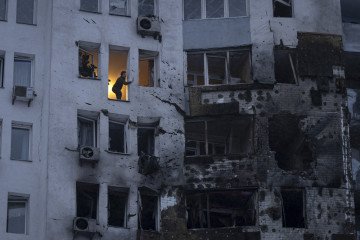
-554f0711f15a880af68b2550a739eee4.jpg)
